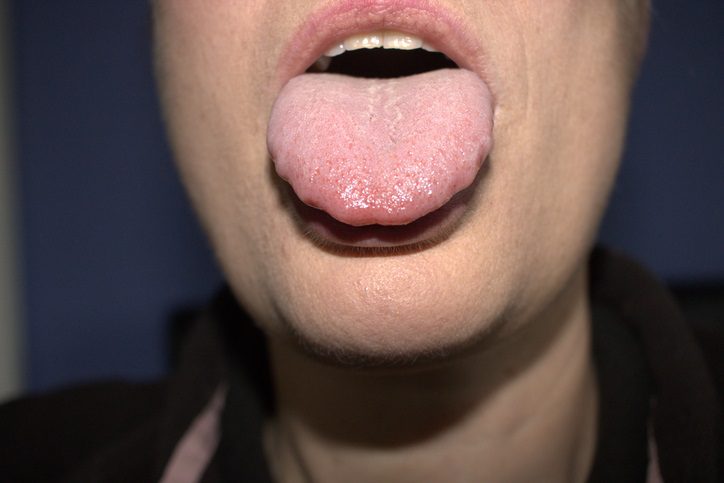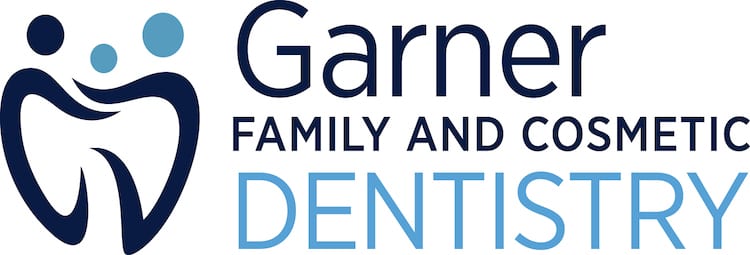Your tongue is a firm, pink organ in your mouth that allows you to taste. Its edges are usually smooth, so you might feel stressed if you notice that it appears scalloped instead. The indents along the edge of your tongue are actually impressions from the tongue pressing against your teeth.
This change to your tongue’s shape is often temporary and is not a dental emergency. However, it could be a symptom of a larger issue with your oral health in some cases.
Your dentist can let you know details about how to resolve this condition and pinpoint the reason it happens when you schedule a dental appointment. But you can also read on to learn about three potential causes of this scalloped appearance on your tongue in order to avoid this issue.

Dehydration
Dehydration can negatively impact your body in many ways, and one of these issues includes swelling throughout the body in an effort to retain water. Your tongue is one of the organs that can experience this swelling. As a result, it will expand to press into the back of the teeth, creating that scalloped effect.
Low hydration levels can create other problems in your oral health that can prove more dangerous. If you experience dry mouth, a dry sensation stemming from a decline in saliva production, then you can face a greater risk of oral infections like gum disease.
So a scalloped tongue can be a clue that you need to drink more water to prevent other dental issues. Drink at least eight eight-ounce glasses of water per day in order to stay hydrated and avoid complications.
TMJ Disorders
TMJ disorders refer to pain or discomfort in the temporomandibular joint of the jaw. It develops when excess pressure radiates from the joint to inflame the surrounding muscle, making the jaw feel sore and stiff. Not only can this feel uncomfortable and disrupt oral function, but it can also give you a scalloped tongue.
TMJ disorders can affect your bite or the way your top and bottom arches of teeth meet when you close your mouth. A crooked or awkward bite due to TMD may leave these impressions on your tongue. A scalloped tongue may mean you should talk to your dentist about TMD before the condition worsens.
Sleep Disorders
Many people may notice this scalloped effect on their tongue when they first wake up in the morning. This happens when the cause of the condition occurs during sleep. Certain sleep disorders, like sleep apnea, can lead to this issue.
During a sleep apnea episode, the soft tissue at the back of the throat collapses and briefly blocks the airway. When you cannot breathe, the tongue might thrust forward under this strain, leaving you with the indents in your tongue.
Speak with your dentist or your doctor to address sleep apnea and other disorders that can contribute to this symptom. Treating sleep apnea can stop other complications as well.
